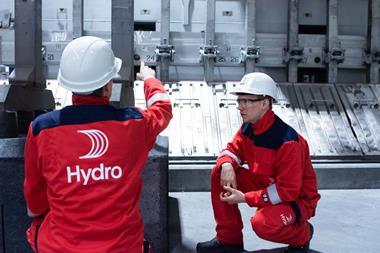Building a car is a strenuous business, and the workers at Honda's Swindon plant know all about that. Whether it is climbing and crouching in the car to fit parts, working underneath a raised body frame, or lifting heavy dashboards, it is tough and repetitive. So it is not surprising that musculo-skeletal disorders (MSD) are a key potential risk.
Honda is a company which has embraced prevention and rehabilitation in a big way. It uses pre-employment screening to ensure that applicants have not got any existing weaknesses, for example in their hands or backs. It applies ergonomics for product and process design to prevent the likelihood of a disability occurring. And if someone does suffer an injury or develop a particular condition, there are advanced treatment facilities including a physiotherapy unit, osteopathy and acupuncture. If an employee cannot return to their previous job, Honda's process and capability matching program can identify alternatives.
This is complete absence management, with non work-related conditions treated in exactly the same way. Whatever the reason someone is off work, the result for the company is going to be the same, so Honda does not make any distinction.
Motor manufacturing is very competitive, and productivity is crucial. Honda's investment in absence management has more than paid for itself in terms of reduced costs and improved production. People do not like a job that will make them ill, and fit people work better. So quality improves too. Quite simply, it is in any company's best interests to have its people at work.

















